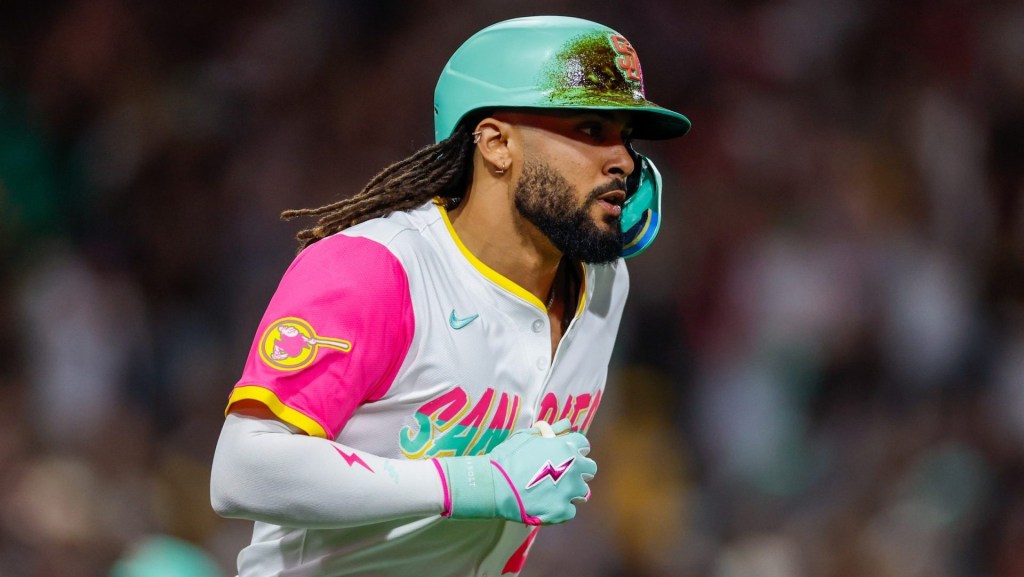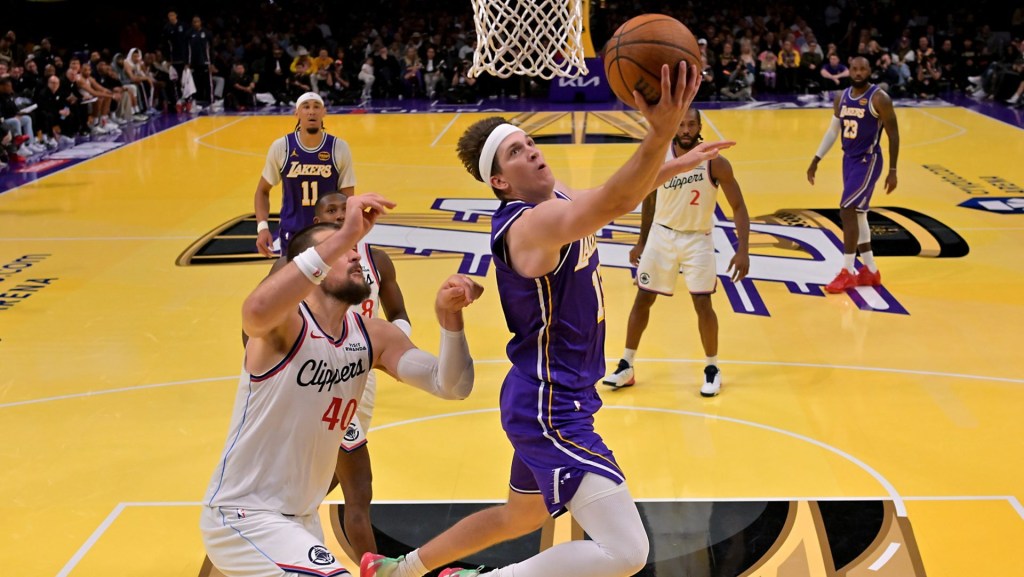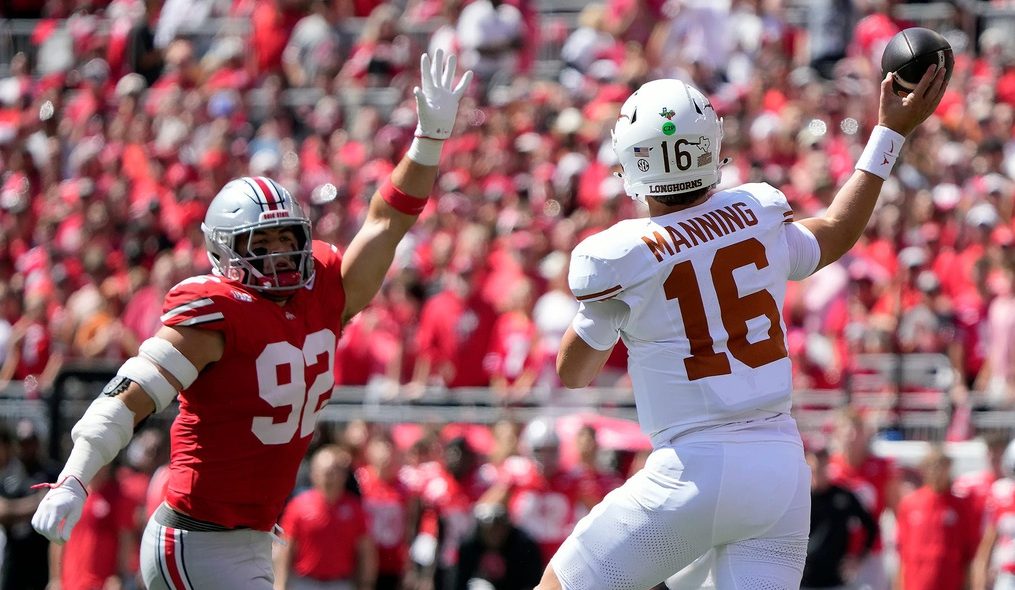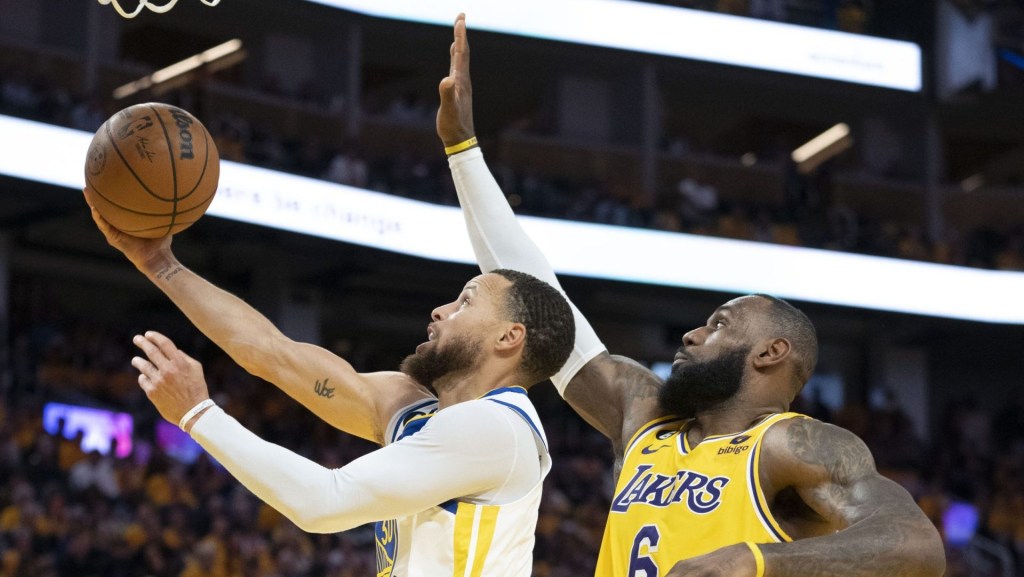By: Ghazzal Rezvan, @GhazzalRezvan

As a Chelsea FC fan, I have had numerous conversations about what money has brought to professional soccer teams. People similar to me, who support big and rich clubs like Chelsea, Real Madrid and Bayern Munich, argue that money has only improved the quality of the game. Others, who support the smaller clubs, argue that it has corrupted the game and is endangering the competitive balance of the sport. Both sides make very compelling arguments that leave one still asking the question of whether money is ruining or improving the most popular sport in the world? Do investments raise standards, or isolate games from their traditional fan base, losing what makes them special in the process?
Since this is a very broad question, I will cover two different aspects of the soccer industry in relation to money being spent and gained. Hopefully this will bring us an inch closer to forming an opinion about the matter:
Transfer Money:
The biggest transfers in the soccer industry historically happen in the summer with a few minor ones occurring in the winter. Statistically, the money spent by a club on player transfers has a direct correlation with the team’s improvements after the window has closed. For example, the English Premier League’s statistics in the winter transfer market over the past 15 years show that the average rate of improvement for teams that generously spend money in the winter window is 0.37 points per game. Teams who don’t spend money have a -0.2 average rate of improvement.
Take a look at the stats below:
BIG SPENDERS

BIG SELLERS

It is important to mention that there is only one exception to the rule and that is Manchester United’s results in the 2013–14 season. Despite spending $57.3 million, the Red Devils had a very disappointing season. This was arguably due to the fact that David Moyes replaced Sir Alex Ferguson, who is statistically the greatest soccer coach of all time and United’s previous manager for 27 years, that season.
From a business standpoint, player transfers such as Angel Di Maria’s $99 million transfer from Real Madrid to Manchester United or David Luiz’s $83 million transfer from Chelsea to PSG make complete sense. Big spending equals big success, or at least that is what the stats say.
However, there is another side to this issue. Since there is no limit on how much clubs can spend during the transfer period (look into the countless loopholes in the UEFA’s Financial Fair Play program), the transfer windows are naturally dominated by the super-rich clubs of each league (i.e. Real Madrid and Barcelona in the La Liga, PSG and Lyon in League 1). In these situations, teams at the bottom have no chance of competing. A team like Manchester United is paying $99 million to sign Angel Di Maria, while a fellow Premier League contender, Cambridge United, has an annual turnover of $2.28 million (2.25% of Di Maria’s transfer money). The more money the elite clubs spend on transfer money, the more powerful they become and the bigger the gap between them and the smaller clubs becomes. A select few teams continue to battle for titles, while the rest struggle to survive all the while game ticket prices continue to rise. Which brings us to the next topic:
Billionaire Owners:
Middle Eastern royals and wealthy businessmen have in recent years acquired soccer clubs and soccer sponsorships as part of a multi-layered strategy designed to boost international images, strengthen national identity, create business opportunities and generate tourism. These billionaire investors come in, purchase clubs, fill them with all-star players and turn them into powerhouses almost overnight.
Take British team, Manchester City as an example: Before Abu-Dhabi based billionaire Sheikh Mansour purchased the team in 2008, the team had not won a major tournament since the 60s, and played in the second different division for seven years. However, after Mansour purchased the team, Manchester City has won the Premier League, FA Cup, Football League Club and has made it to the quarterfinals of the Champions League. It is reported that in the 2011/12 season alone, of the $1381.25 million spent by Manchester City, $840 million of it came from Sheikh Mansour’s pocket.
These billionaire investors have a huge impact on the transfer market I previously mentioned. Manchester City spent a total of $3.56 million on transfers in the 2006/07 season, while just three years later (after Sheikh Mansour’s purchase of the team) in the 2010/11 season, they spent $229.9 million on transfers. Suddenly Manchester City was filled with stars such as Carlos Tevez, Sergio Aguero, Yaya Toure, Samir Nasri etc. and seemed to be everyone’s new favorite team.
Keep in mind, although a great investment, these billionaire owners do not always have the best interest of the players in mind. This is why many fans have grown unhappy of this new trend. These owners naturally try and make the best business decisions but at times just meet their own personal interests. In 2006, Chelsea owner and 12th richest person in Russia, Roman Abramovich, purchased Andriy Shevchenko, the best player in the world at the time, from AC Milan. Why? Because Abramovich’s wife had asked him to. Chelsea’s manager at the time, Jose Mourinho, had mentioned that he would not give much playtime to the Ukrainian player. But the deal still went through.
The soccer industry’s most prestigious club competitions are being increasingly dominated by the super-reach teams. Since 2007, there has never been more than one team per year in the semi-finals of the Champions League that has never been there before. Although many soccer fans believe this creates a monopoly where the same teams win trophies year-in-year-out, others with myself included disagree. The beauty of the game is that any team can experience the transformation that the likes of Manchester City and Chelsea have had in recent years. Fans that dislike this concept may change their mind when their own club spends millions for world-class players and starts winning trophies. Which brings us to the next topic:
The “real” fan vs. “armchair” fan:
In the 1990s, soccer supporters were traditionally split into two distinct camps; those who went out to the games and those who consumed it on television, radio or via newspapers. The former were coined the “real” fans while the latter were known as “casual” fans. These stereotypes have changed dramatically in recent years. Now watching your team on television does not mean you’re a fair-weather fan. “Armchair” fans now surpass the “real” fans by a landslide (909.6 million people watched the World Cup final vs. 74,738 people who attended the game in Rio de Janeiro) and the gap between these two stereotypes has become blurred.
You no longer have to be from Munich to be a Bayern Munich fan, from Madrid to be a Real Madrid fan or from Milan to be an AC Milan fan. Of the 659 million fans of the most popular soccer team in the world, Manchester United, 325 million live in Asia Pacific, 173 million in the Middle East and Africa, 90 million in Europe and 71 million in the Americas.
I mention this because it is important to be aware of who your audience is when discussing the topic of money and soccer. Are you talking to 30 year old Manchester United fan who watched teams such as City and Chelsea rise to the occasion and take trophies away from United? Are you talking to a Cambridge United fan that supports a team with a $1.5 million wage bill? Are you talking to a French PSG fan that just recently had their league get national attention? Or are you talking to a teenager who grew up in the Middle East and only had the option of watching a limited number of teams on TV? Your discussion with each of these fans will be tremendously different than the other.
So is money really ruining the beautiful game of soccer? It depends on your background and how you view the industry. There’s no one right answer but it is important to examine the statistics and history before choosing a side.
Ghazzal is a senior at the University of Southern California majoring in Business Administration and minoring in Sports Media Studies. You can follow on Twitter at @GhazzalRezvan.




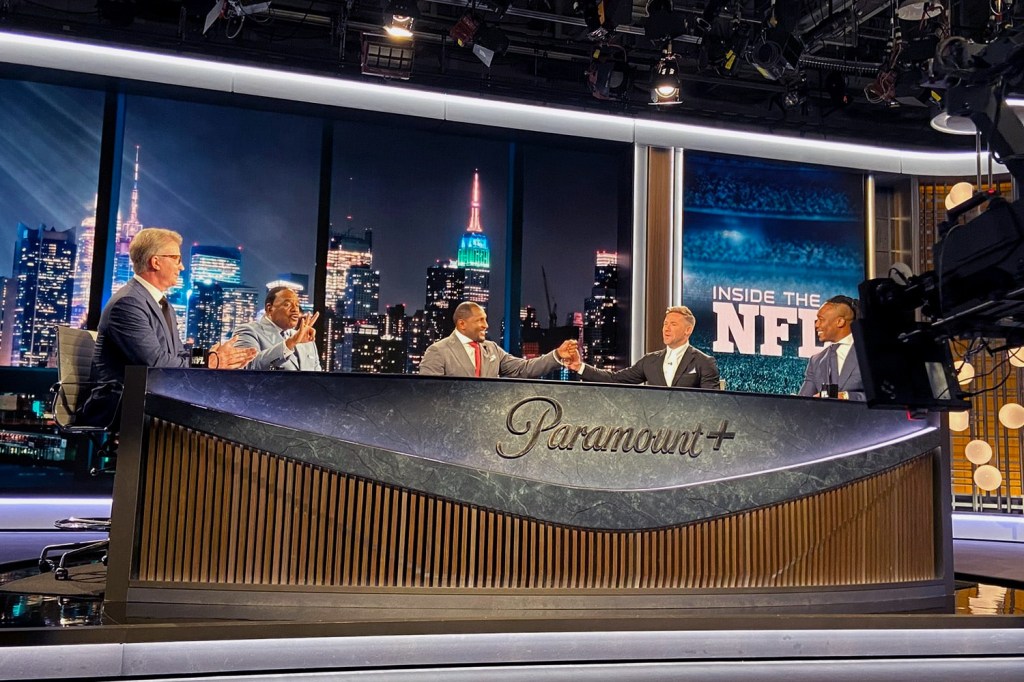
![[Subscription Customers Only] Jul 13, 2025; East Rutherford, New Jersey, USA; Chelsea FC midfielder Cole Palmer (10) celebrates winning the final of the 2025 FIFA Club World Cup at MetLife Stadium](https://frontofficesports.com/wp-content/uploads/2026/02/USATSI_26636703-scaled-e1770932227605.jpg?quality=100&w=1024)




